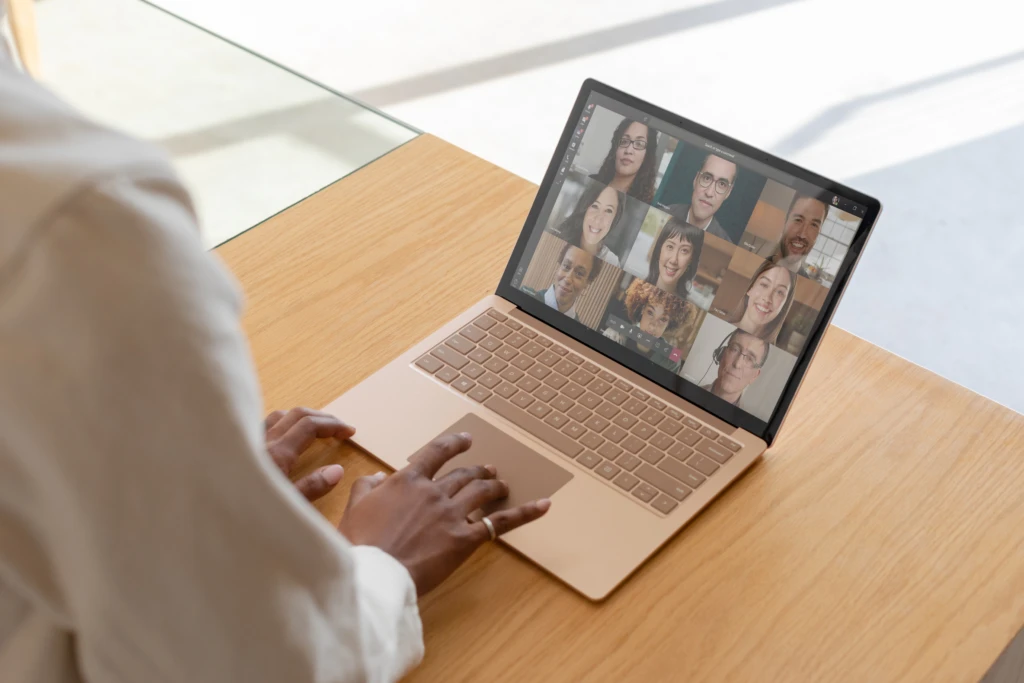
The importance of remote access to government agencies

The COVID-19 pandemic turned life upside down in 2020. Government agencies felt the impact as much as anyone—they had to swiftly figure out how to move from providing in-person services to a more digital, virtual delivery model. At the same time, agencies had to ensure continuity of operations, processes, and governance.
Government agencies that were already on a path towards digital transformation had an advantage and were better able to make that switch with agility and speed. Nevertheless, the ongoing impact of the global pandemic continues to be felt across all levels of government.
Microsoft supports governments worldwide through digital transformation that improves government services, drives positive societal change, and promotes the well-being of people. Given the benefits that government agencies have seen with a vastly expanded work-from-home model, it’s clear that the desire to provide these services remotely will continue long after the pandemic subsides.
As governments undertake their digital transformation journey, there are three key areas to consider:
- Empowering People. Gauteng, one of the smallest yet most densely populated provinces in South Africa, sought to expand community access to their government services. Straightforward, right? The challenge was that the Gauteng Provincial Government had 13 departments that served more than 10 million citizens – each day. So, the provincial government worked with Microsoft to create a digital platform using Azure, Dynamics 365, and Microsoft 365. The resulting tool made government services more inclusive through increased remote capabilities and featured a web portal, mobile app, and bot that provided 24/7 access to the community. Currently, the 400,000 people using the platform can easily access government services from any location. As part of their transformation journey, the Gauteng Provincial Government aims to become fully digital within the next five years.
- Enhancing Governments. According to a recent survey, 82 percent of U.S. government employees expect remote work to continue.1 This is a startling contrast from the past year when most government workers commuted into the office. Now, agencies are finding that the benefits of remote access go well beyond continuity of operations. They also include new efficiencies and finding innovative solutions to tough challenges. The City of Philadelphia, for instance, experienced this firsthand when they sought to break down silos across 50 agencies. By using a combination of Microsoft technologies, they were able to remain productive while building deep connections across their government agencies.
- Enabling Societies. How do you manage communities when work processes change almost overnight? The answer – you guessed it – is with innovative technology. Despite the pandemic, the City of Calgary had a mission to serve 15,000 city employees, elected leaders, and citizens of the municipality. To address this challenge, CITO Jan Bradley doubled down on remote and mobile IT investments. This approach enabled the rapid deployment of Microsoft Teams to thousands of workers and rolled out Surface devices to keep even those unfamiliar with remote work in touch, online, and effective. Most importantly, it helped maintain crucial communications and services to citizens. To borrow a quote from Jan: “We are incredibly grateful to the tremendous level of support Microsoft provided us as we ensured that citizens could continue to receive services from the municipality as normally as possible.”
Giving government access to everyone, everywhere
During these unusual times, additional use cases highlight the benefits of enabling the digital availability of government services across the community. They include access to social care and virtual visits, virtual courts, virtual governance and town hall meetings, remote service delivery using chatbots, and much more. When implemented in a strategic manner, they play a key role in ensuring the continuity of government processes and operations.
Learn more by visiting Enabling remote government—Lessons learned when building a foundation for future innovation and The way forward with digital transformation accelerated by a pandemic.
1Science Applications International Corp. October 2020.




